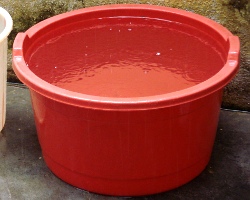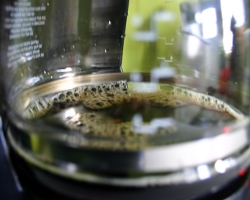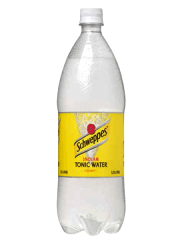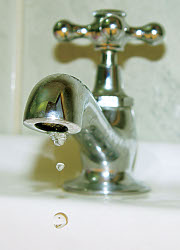How can I reuse or recycle water from a condenser dryer/air conditioner/dehumidifier?
 We’ve had an email from Mark:
We’ve had an email from Mark:
What is the best way to recycle small quantities of hot water from a condenser tumble dryer?
I know i could pour it down the toilet, put it on the garden etc, but what are the economical benefits of reusing this clean water. Can it be used (when cold) for anything beneficial? Recycled/redirected to a dishwasher etc
In yet another of those great-minds moments on here, I’ve been thinking a similar thing lately – we’ve had a dehumidifier running in our office after a series of leaks over the summer and while it’s thankfully slowed down a lot of late, we’ve had bucket upon bucket of water from it over the last few months. For me it’s less about the “economical benefits” and more about hating throwing anything away that might be useful.
Wikipedia describes this type of water as “a rather clean kind of greywater” – but various articles online advise against drinking it/letting animals drink it (because of possible bacterial/fungal spore/heavy metals contamination, and also because it’s been distilled & will taste weird). Watering well-established houseplants with it is probably ok – actually better than tap water if you’re tap water is very soft – although because of the possible bacterial/heavy metals issue, it’s still probably better to avoid using it on vegetables, particularly leafy ones.
Mark mentioned putting it down the toilet – I’m not sure whether he means just to get rid of it or in lieu of flushing. The latter will have an “economical benefit” if your water is metered — toilet flushing accounts for a huge proportion of most people’s water usage: just keep a bucket of water next to the toilet and pour some into the bowl to flush it. I’m not a water expert but based on the advice about possible contamination, I’d probably be more inclined to use it for clothes washing than dish washing (although it would probably be fine for that too, especially at hotter cycles).
Anyone have any experience reusing water from condenser dryers, air con units or dehumidifiers? What do you use greywater for around your home/garden?



 We’ve had an email from Iris:
We’ve had an email from Iris: We’ve had an email from Ellie:
We’ve had an email from Ellie: We’ve had an email from Su:
We’ve had an email from Su: Following on from yesterday’s watery post, green blogger
Following on from yesterday’s watery post, green blogger 














